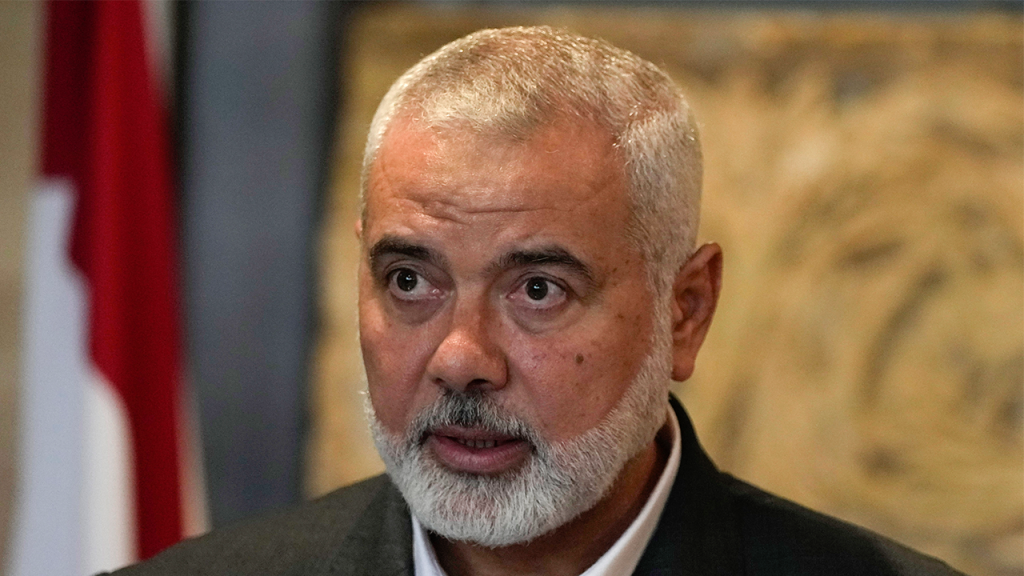Hamas leader Ismail Haniyeh was assassinated in Tehran, Iran, as announced by Iran’s paramilitary Revolutionary Guard. While no one immediately claimed responsibility for the attack, Israel was immediately blamed due to their pledge to kill Haniyeh and other Hamas leaders following the terrorist group’s October 7 attack on the Jewish State. Haniyeh was in Tehran for Iranian President Masoud Pezeshkian’s swearing-in ceremony, where chants of “Death to America, Israel” were heard. Iranian Supreme Leader Ali Khamenei also reportedly met with Haniyeh and Palestinian Islamic Jihad Movement Secretary General Ziyad al-Nakhalah.
Details on how Haniyeh was killed were not provided by Iran, who stated that the incident was under investigation. Analysts on Iranian state television pointed fingers at Israel for the assassination, though Israel did not immediately comment, in line with their usual policy of not addressing assassinations carried out by their Mossad intelligence agency. Middle East analyst Lisa Daftari noted that the strategic hit could be seen as a message from Israel that it does not differentiate between the Islamic Republic and its proxies, such as Hamas and Hezbollah. Israel has previously conducted targeted hits against key players in the Islamic Republic and other critical infrastructures in various countries.
Hamas confirmed Haniyeh’s death in a statement, declaring him a martyr who was killed in a “Zionist airstrike on his residence in Tehran after he participated in the inauguration of Iran’s new president.” Haniyeh, who had been living in exile in Qatar after leaving the Gaza Strip five years ago, was a top leader of Hamas. Yehya Sinwar is the top Hamas leader in Gaza and the mastermind behind the October 7 attack against Israel. An Israeli airstrike in April had previously killed three of Haniyeh’s sons and four of his grandchildren in Gaza. The Hamas-run Gaza Health Ministry reported over 39,000 Palestinians killed and more than 90,000 wounded in the war in Gaza, although the count does not differentiate between civilians and terrorists.
The assassination of Haniyeh in Tehran was seen as a strategically targeted hit by Israel, following their vow to eliminate Hamas leaders after the group’s attack on Israel. While no one claimed responsibility for the attack, Israel was immediately blamed for the assassination. Hamas confirmed Haniyeh’s death and declared him a martyr, highlighting the ongoing sacrifices made for the Palestinian cause. The incident raised tensions in the region, with Iran and Hamas accusing Israel of the assassination, although Israel did not publicly comment on the situation. The assassination was seen as a message from Israel that it will not differentiate between Iran and its proxies, targeting key players strategically to eliminate threats. Haniyeh’s death adds to the long history of violence and conflict in the region, with many innocent casualties in the ongoing war in Gaza.


